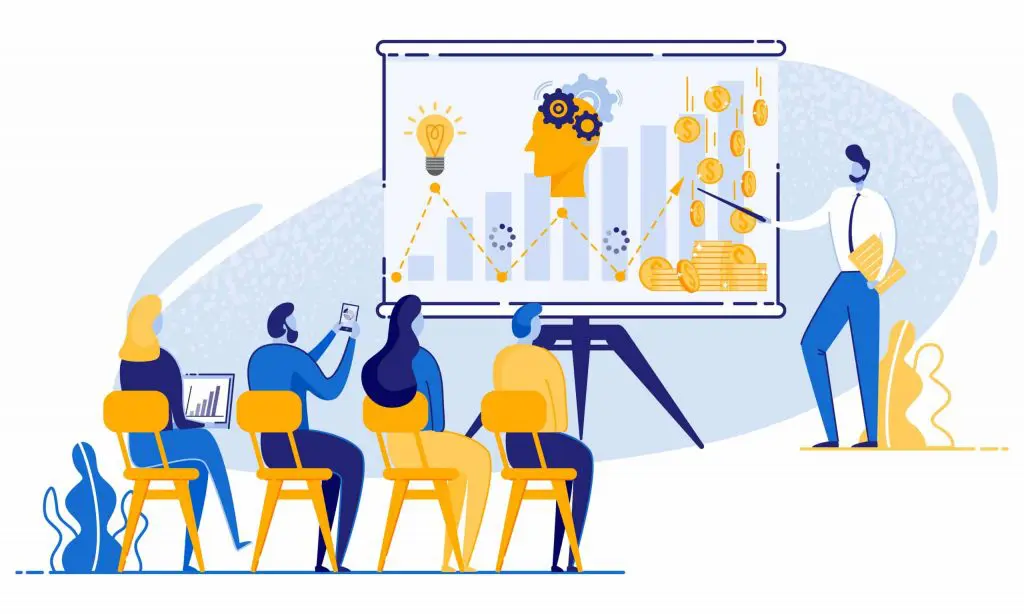Project Management Risk and Preparation: Discover Expectations vs. Reality
Project management can be complicated. Each project has many moving parts that must integrate smoothly. There is little chance that things will go according to plan. Project management is an interesting field. On one hand, it is incredibly complex with a vast array of theories and techniques to learn and master. On the other hand, the basics are relatively simple: identify what you want to achieve, put together a plan to get there, and track progress along the way.
Yet in both cases, success or failure can hinge on seemingly small details. This is why risk management is such an important part of project planning. By anticipating potential hiccups and putting contingencies in place, you can minimize the chances of things going wrong. But what does this actually look like in practice? And how do you know if your preparations are adequate? In this post, we’ll explore some of the key aspects of risk management and examine how to adapt your approach depending on the nature of your project.
Table of Contents
Setting Stakeholder Expectations
Before getting started, make sure every stakeholder involved in the project is expecting a realistic goal. There are times when people anticipate a project to offer impossible results. You as a project manager are the one who’s responsible to assess this and communicate feasible expectations.
Clearly define the objective and constraints at the beginning. Make sure everyone understands what the work is supposed to accomplish, and the timeframe, budget, and resources that will be used to achieve it. This will eliminate the risk of anyone harboring unrealistic expectations.
The Right Skills for Project Management
How do projects achieve their objectives in the end? There are specific skills you need as a project manager in order to see the work through and produce the expected results.
Essential project management skills include:
- Good communication between all team members and stakeholders
- Flexibility, as you’ll sometimes need to respond to unexpected changes
- Leadership, so that you can maintain the big-picture view and support your team members
- Organizational skills to keep the project’s many moving parts on track and stay on schedule and on budget
- Negotiation skills to handle suppliers and deal with conflicts among team members
Once the project’s objectives are set, these skills will help you to meet the expectations of everyone involved and handle any unexpected difficulties that arise.
Stay on Track
As the project goes along, you’ll need to constantly scrutinize to make sure you’re on schedule and working toward the objectives. Many things can alter during the course of the project. For example, you might find that costs will inevitably rise and the budget needs to be adjusted to reflect this. You will need to be flexible and adjust parameters or reconsider the objectives.
When changes need to be made, your job as project manager is to inform all stakeholders. It’s good to hold regular meetings, even if there doesn’t seem to be anything in particular to discuss. You can simply meet to touch base and share progress. This is vital as teams are increasingly virtual.
Digital Tools to Get Feedback
Digital tools can help you manage expectations as the project progresses. There are software tools available that offer real-time KPIs and automated reporting. This takes a great deal of the work out of project management and allows you to know immediately if there are changes.
The Key to Successful Project Management
Project management is an in-demand and growing field in every industry. It’s even more important now because teams are working virtually as never before. To be a successful project manager, there is a set of skills you need to learn and use. You can learn these skills if you’re motivated.
It is evident that there are many factors to consider before beginning a project in order to ensure its success. By understanding the expectations vs. reality of risk and preparation, project managers can set their teams up for a successful outcome. Do you have what it takes to be a great project manager?
Want to learn more about how you can become a skilled project manager? Head over here to our blog “Key elements to an efficient project manager“
Please visit our website https://clap.skillculture.in for courses that can add value to your learnings and success journey of project management.





Responses